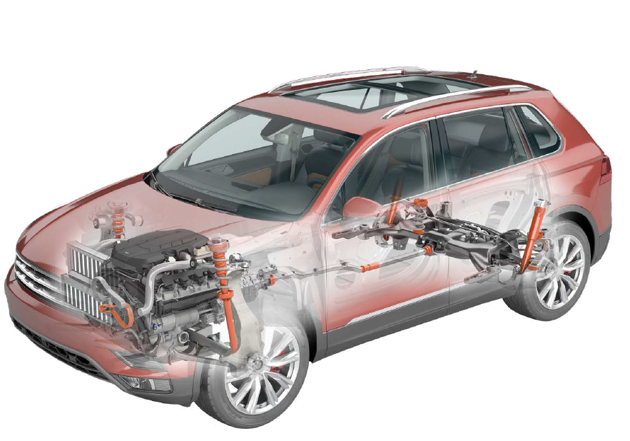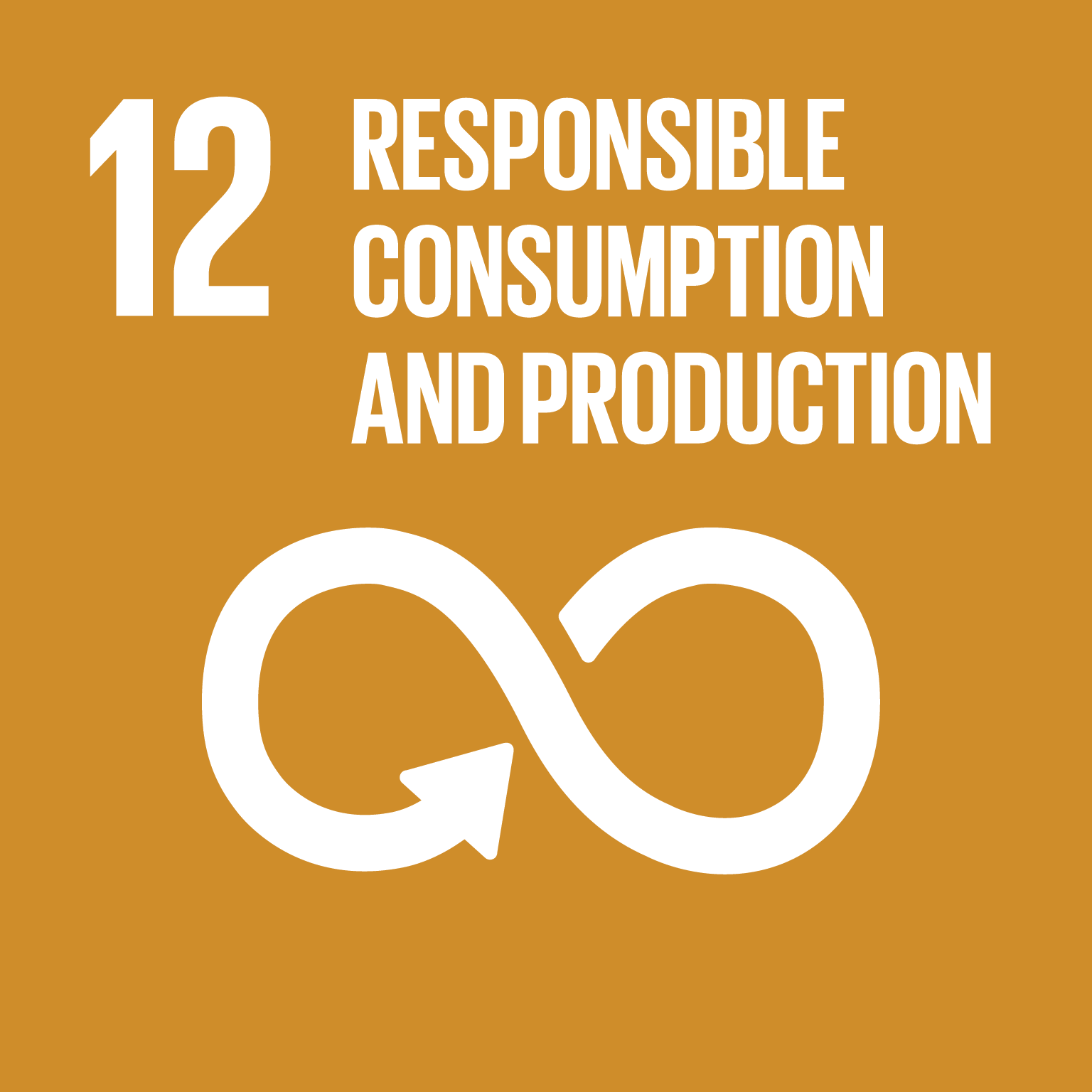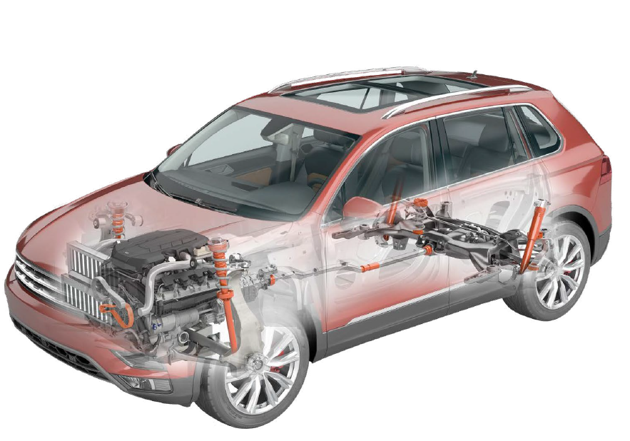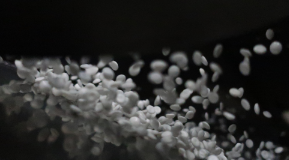Developing low-VOC specialty adhesives
Article

Rubber-to-substrate adhesives are used in automotive, railway and industrial manufacturing to bond a variety of natural and synthetic rubbers to metals and plastics like steel, aluminum, copper, polyesters, PTFE, and more. In our modern, industrialized world, many industries rely on these adhesives to make the technology people around the world use and benefit from today. Traditionally, such adhesives contain between 50 and 95 percent organic solvent. This is incinerated after the adhesive is applied and dried, emitting a significant amount of volatile organic compounds (VOCs) and CO2 emissions in the process.
To address this issue, DuPont Mobility & Materials developed MEGUM™ W 9500, a paint-like, heat reactive, water-based adhesive that establishes strong bonds between rubber and metal. By changing from a solvent-based product to MEGUM™ W 9500, the VOC emissions per kg of dried bonding agent can be reduced from 11+ kg to zero, without suffering any losses in performance. Currently water-based adhesives only account for around five percent of the market; by switching from solvent to water-based products, industries could avoid up to approximately 260 metric tons of VOC emission per day.
In addition to reducing carbon emissions, the water base of MEGUM™ W 9500 is non-flammable, which leads to a safer work environment for the employees responsible for manufacturing the product.
Building on these successes, we are continuously expanding our portfolio of waterborne rubber-to-substrate adhesive to push towards a more sustainable future.












